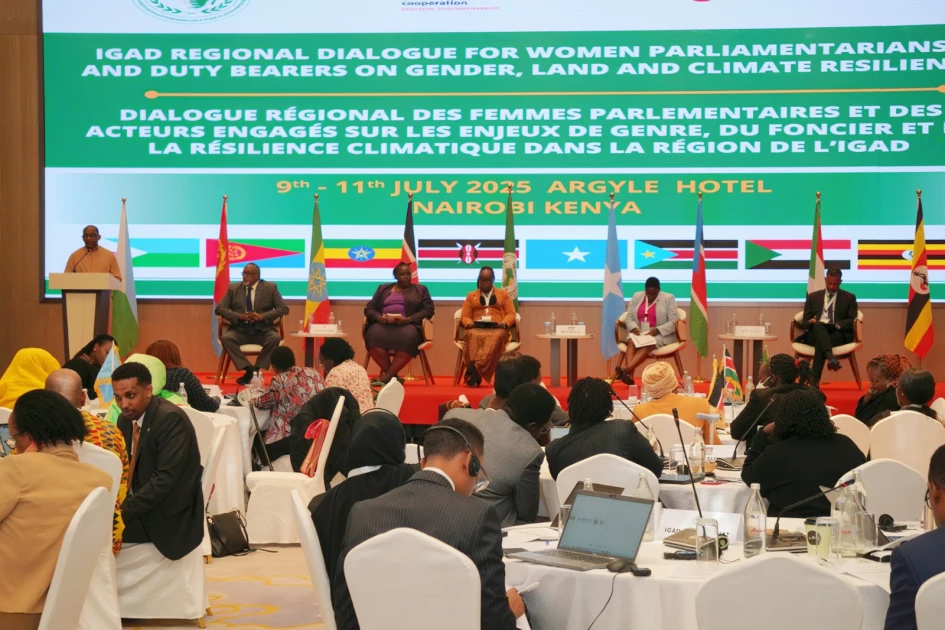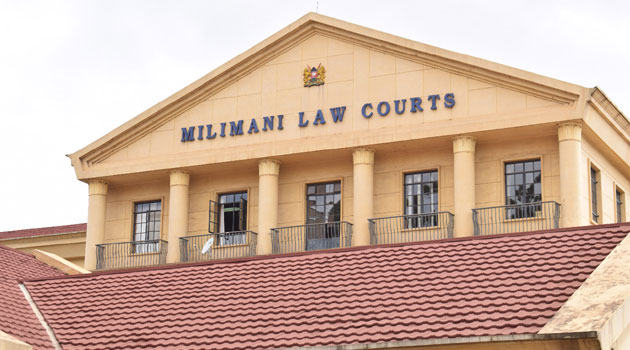The Intergovernmental Authority on Development (IGAD), through its Land Governance Unit, is spearheading a vital dialogue on the gender–land–climate nexus, focusing on empowering women parliamentarians and duty bearers in shaping inclusive, sustainable land and climate policies. In a recent high-level regional meeting, stakeholders highlighted the urgent need to address gender disparities in land rights and climate resilience strategies across the IGAD region.
Deputy Speaker of Kenya’s National Assembly, Gladys J. Boss, emphasized that the intersection of gender, land tenure, and climate change lies at the heart of regional sustainability and resilience. “Land is more than just a resource—it’s a defense against climate change and a foundation for livelihood, identity, and security,” she stated. However, she noted that ongoing land degradation and insecure tenure systems are fueling conflict, displacement, and inequality, with women and girls disproportionately affected.
Across the IGAD region, women are the backbone of agricultural production and natural resource management, yet remain sidelined in land ownership and policymaking. Gladys highlighted the daily realities many women face—walking long distances for water and firewood, increased exposure to insecurity, and fewer opportunities for education and income—challenges exacerbated by climate change.
Mohamed Abdi Ware, IGAD Deputy Executive Secretary, reinforced these concerns, pointing out the glaring disconnect between women’s contributions and their representation in decision-making. “Women produce 70% of Africa’s food but own less than 20% of the land. In the IGAD region, where land drives 70-90% of wealth, less than 10% belongs to women,” he said. Ware stressed the economic impact of this imbalance, citing research that shows equal access to land for women could boost yields by up to 30% and reduce global hunger by nearly 17%.
The Ministry of Lands, Public Works, Housing, and Urban Development reaffirmed its commitment to eliminating the systemic barriers that hinder women’s land rights. The Ministry emphasized that gender equality in land governance is central to achieving broader goals of social justice, climate resilience, and sustainable development.
As IGAD leads these transformative conversations, the message is clear: unlocking women’s potential in land governance is not just a matter of equity—it’s a strategic imperative for climate resilience and regional prosperity.



